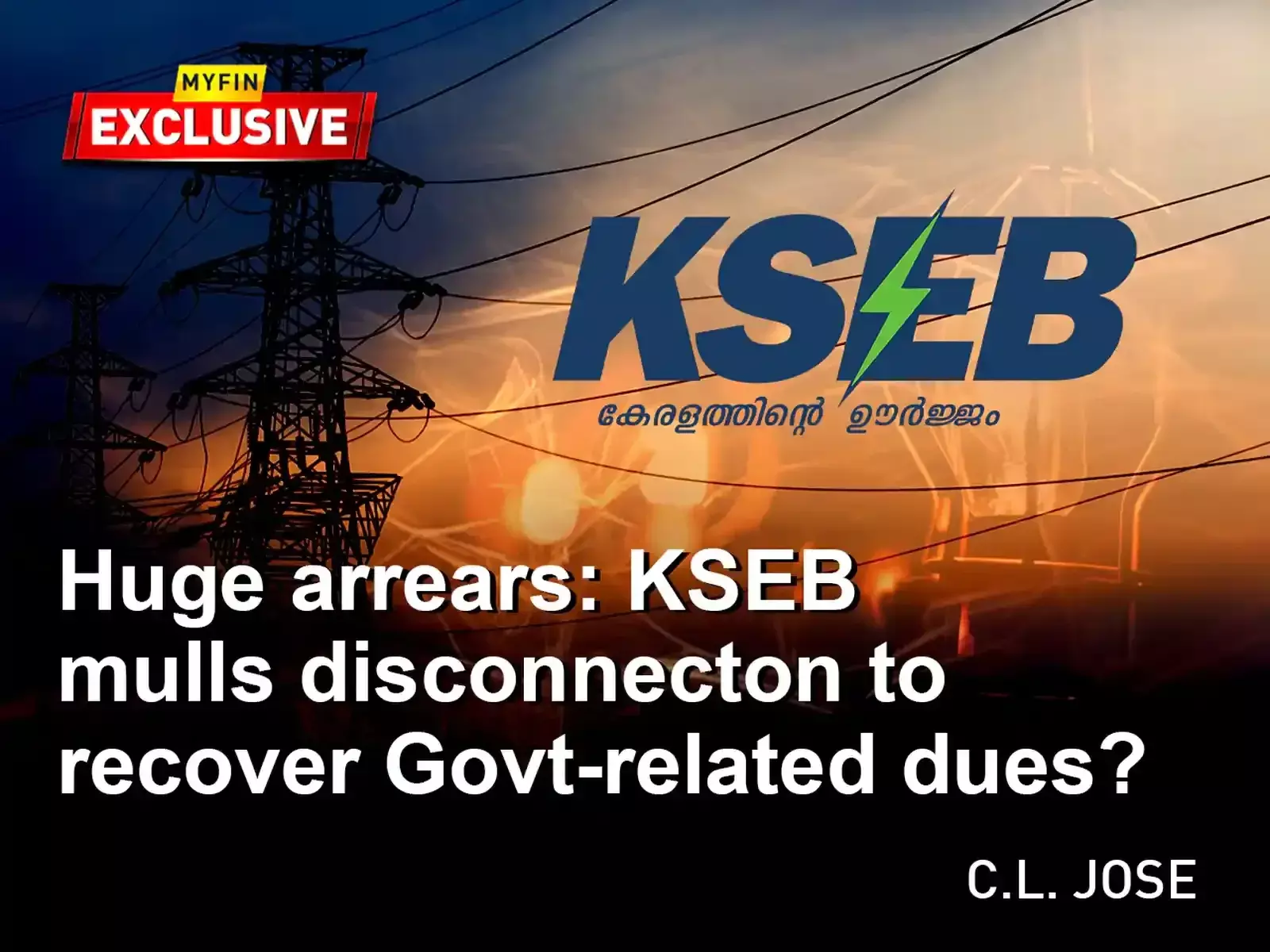Summary
However, the board will not move against the government hospitals that have accumulated arrears to KSEBL.
THIRUVANANTHAPURAM The financially-strained KSEBL has decided to initiate drastic measures to recover the long-standing dues from the Government departments.
The board of KSEBL has decided to seek permission from the government to initiate steps to effect disconnection of power supply of government department consumers and public sector undertakings (PSUs) including Kerala Water Authority (KWA) connections with effect from January 2024.
However, the board will not move against the government hospitals that have accumulated arrears to KSEBL.
The dues by consumers, including that of government departments, are estimated to be a whopping Rs3,250 crore as of June 30, 2023. Of this, the Kerala Water Authority (KWA), the largest debtor, accounts for about Rs1600 crore, according to statistics released by KSEBL.
Moreover, KSEBL has been incurring loss quarter after quarter, maybe barring one or two, with Rs570 crore being the loss reported for the quarter ending September 30, 2023.
While KSEBL sits on a negative net worth of a whopping Rs33,169 crore, the total borrowings as of September 30, 2023 work out to Rs16,113 crore.
The KSEBL board has decided to intimate the financial situation of KSEBL to the government to take urgent decision to settle pending dues from government departments.
In the case of KWA, the board will request the government to instruct the Authority to execute an Escrow Agreement whereby KWA will remit an amount equivalent to the actual monthly electricity charges, so that fresh dues will not add up to the existing arrears that run to hundreds of crores.
Though KSEBL held several meetings with KWA, the largest debtor, in order to push the latter to open an Escrow account exclusively to cater to the purpose of settling the huge dues with KSEBL, the attempts have failed to reap any results yet.
KSEBL has said that it has been undergoing severe financial crisis on account of various factors like cancellation of long-term power purchase agreements (PPA), government direction to remit electricity duty, non-availability of fresh loans from financial institutions owing to stringent prudential norms, higher power purchase costs, ensuing repayment of KIIFB loan etc.
 Learn & Earn
Learn & Earn  Home
Home
